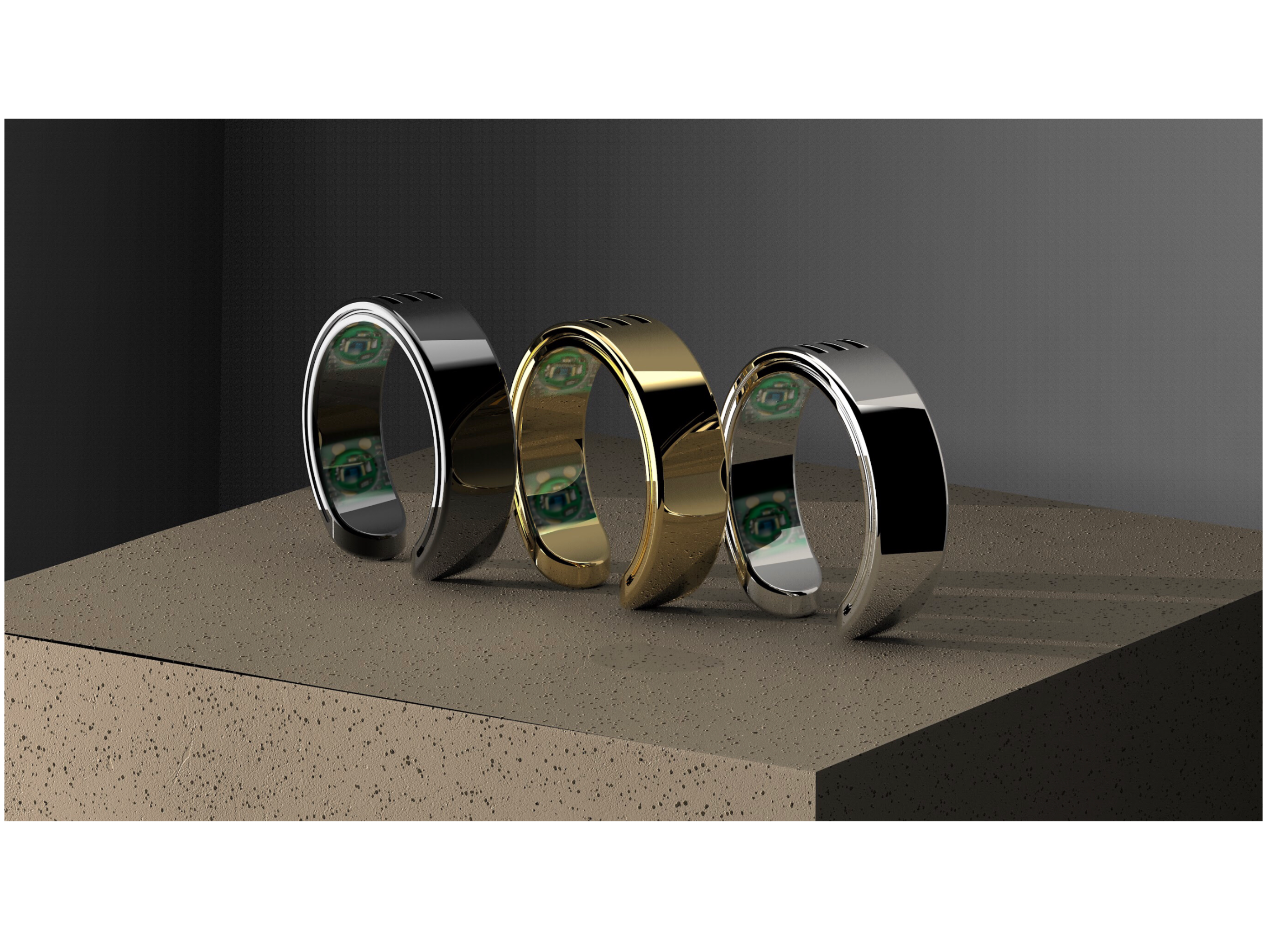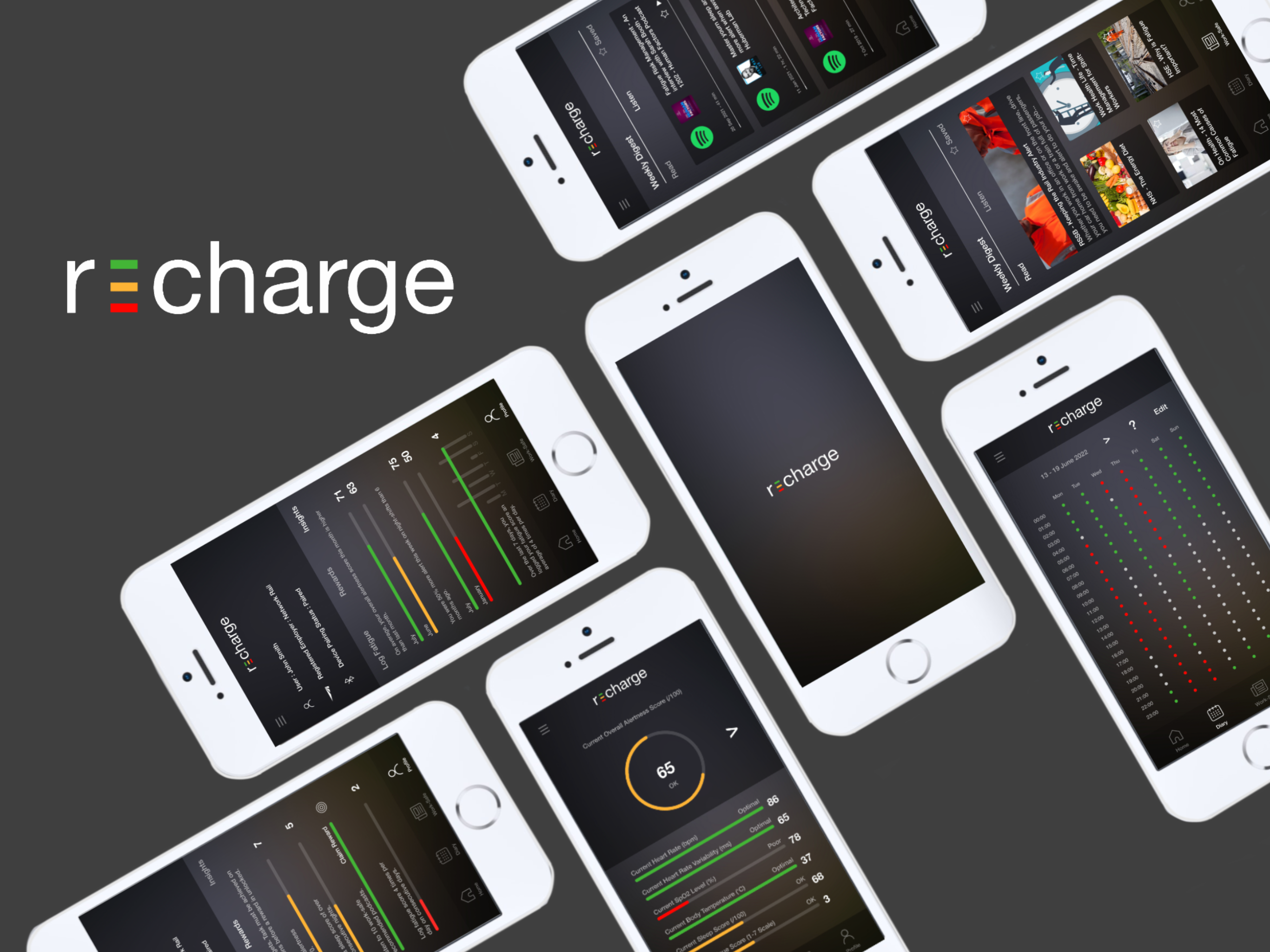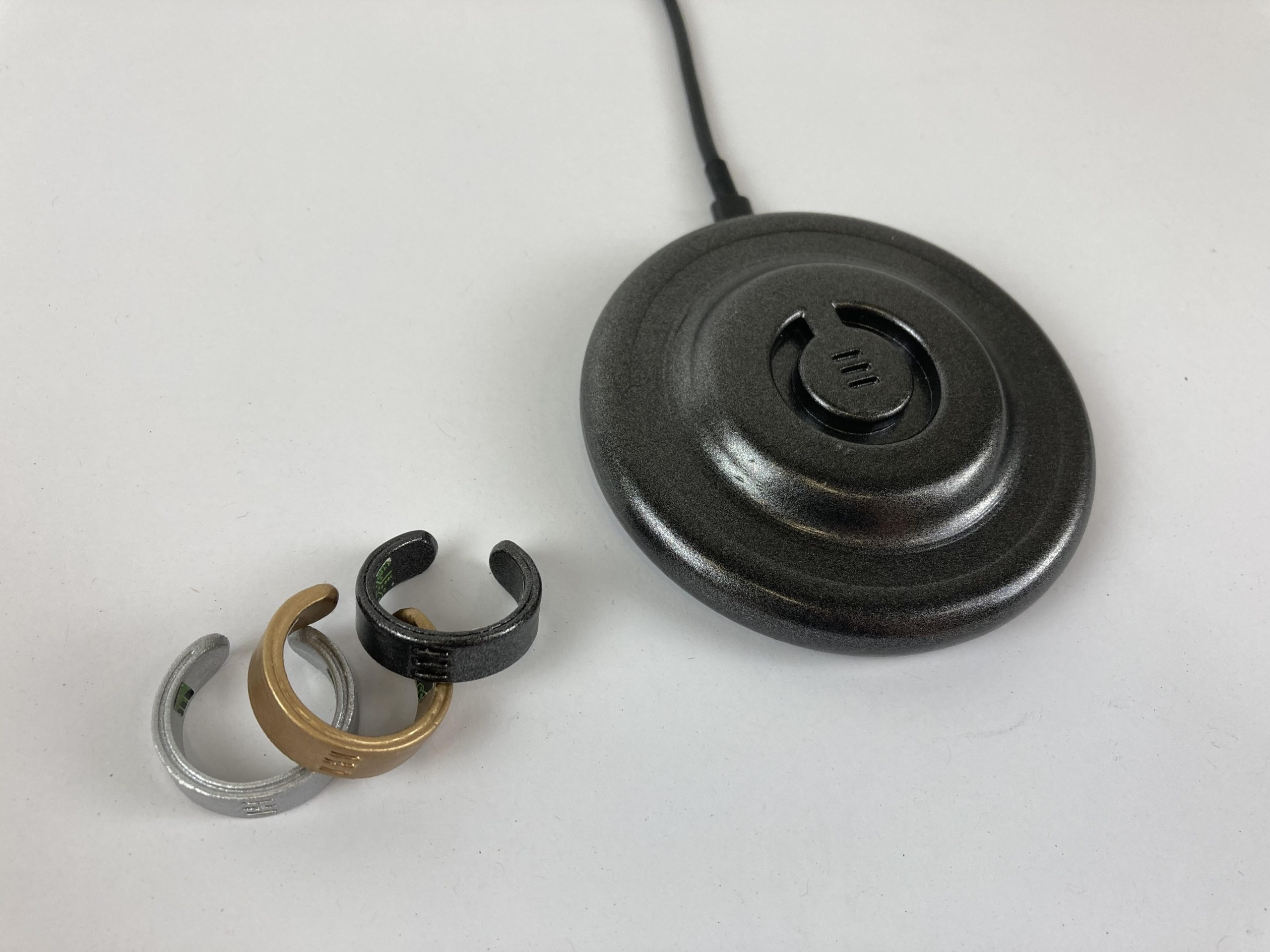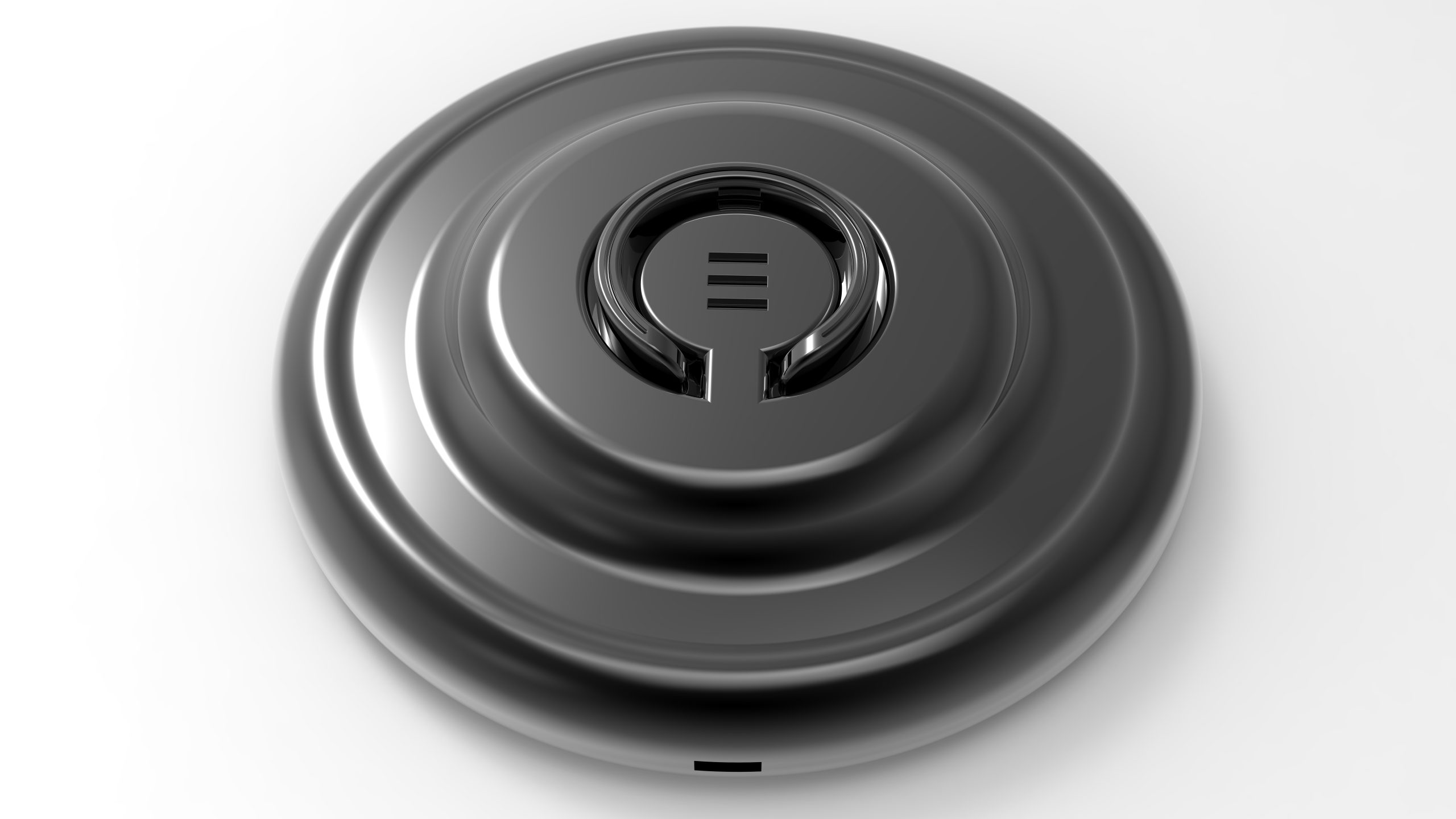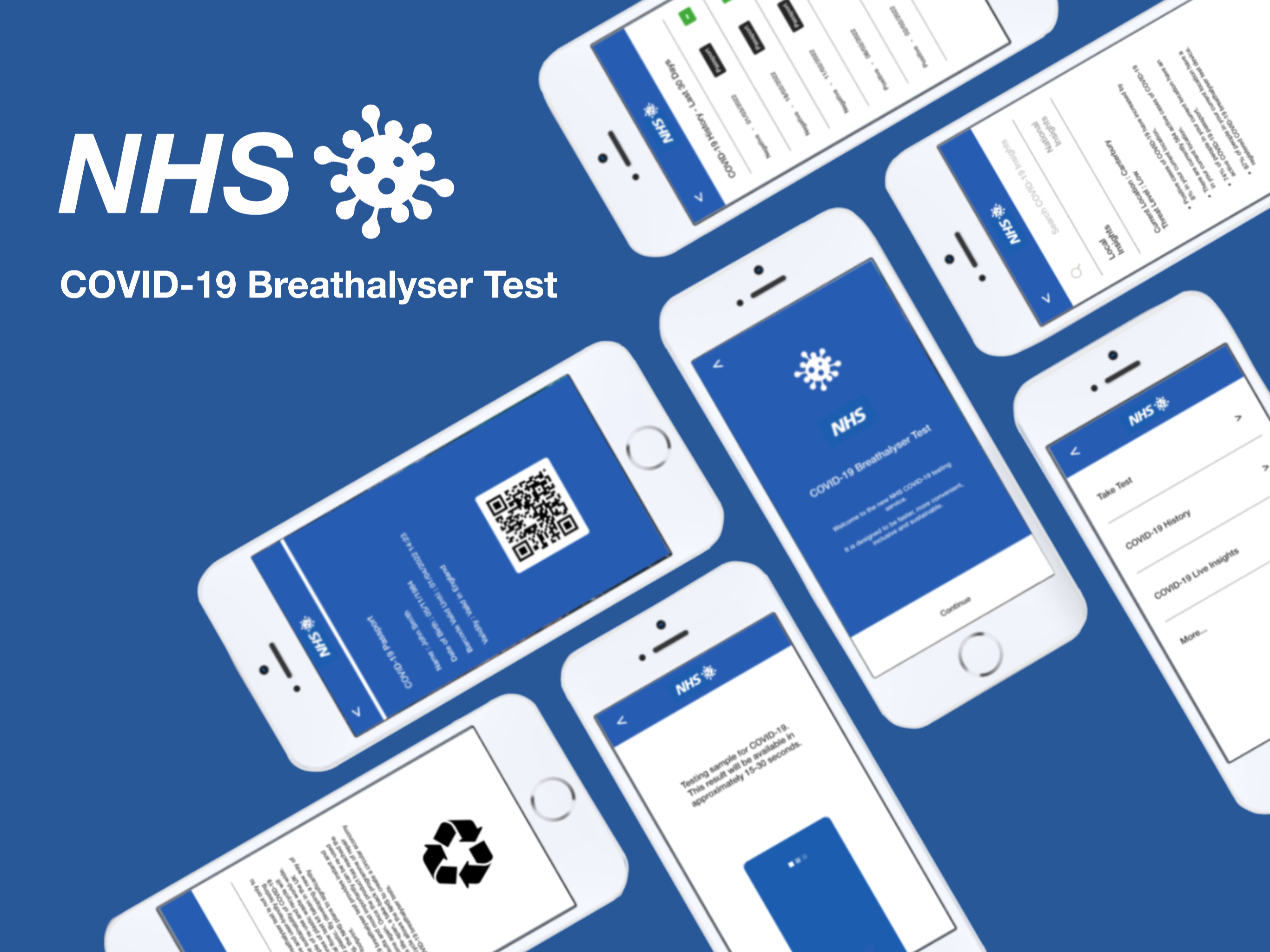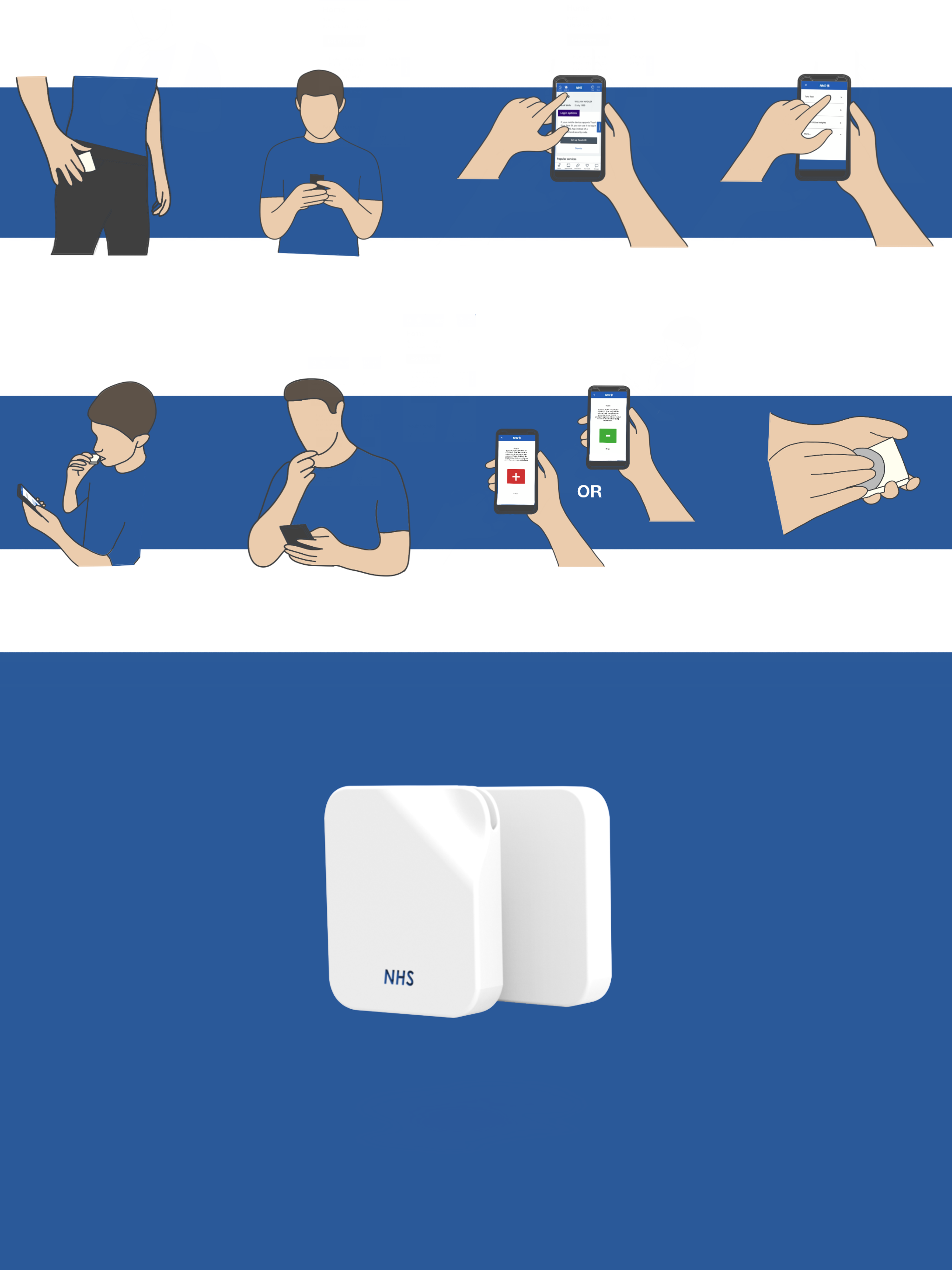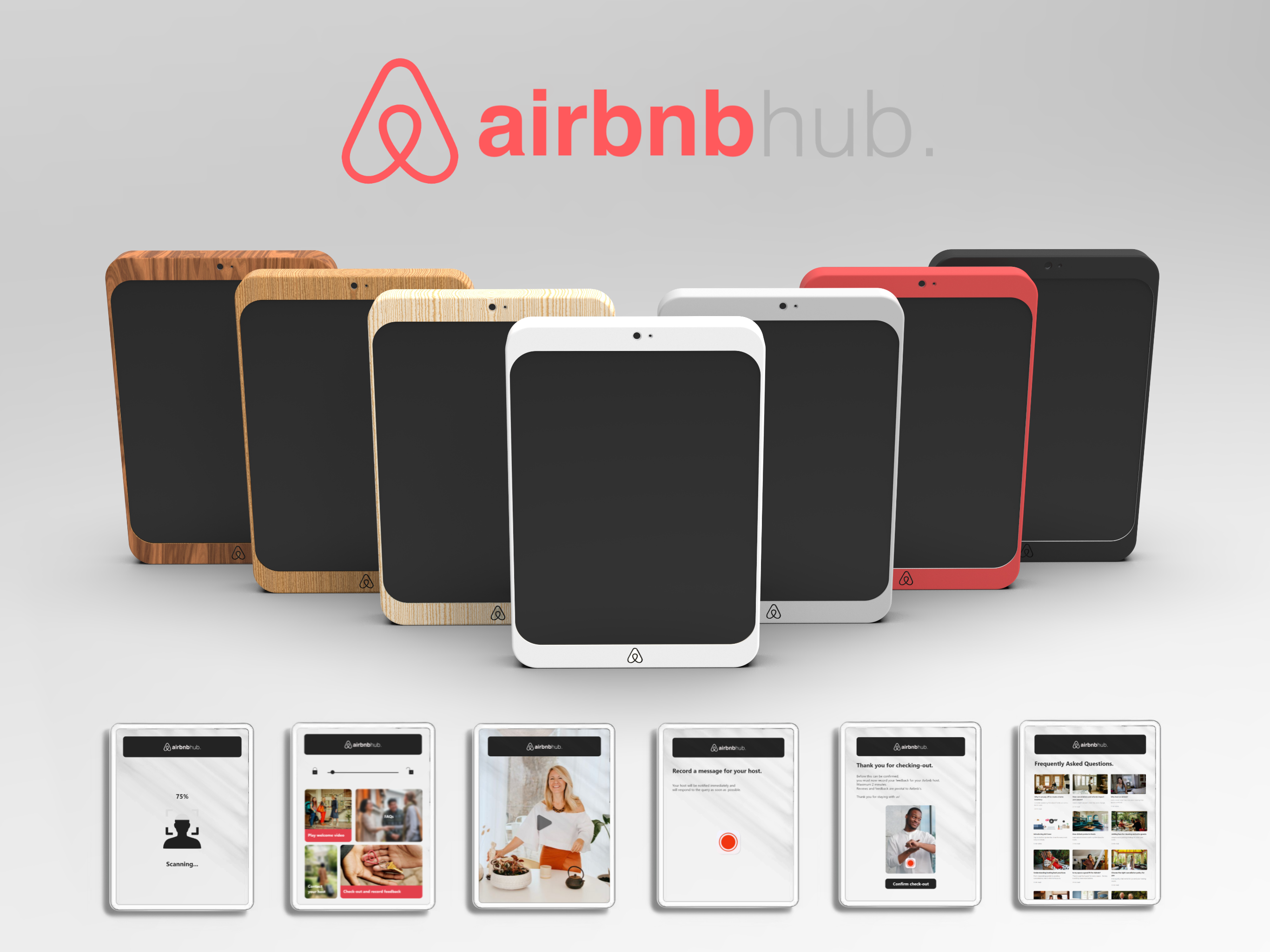I am a user-focused designer who aims to deliver ergonomic solutions and enhance user experience.
Final year project
Developing a fatigue management solution designed to ensure shift-workers in high-hazard and safety critical industries receive optimal sleep, rest and recovery in order to remain fit for duty.
Recharge Smart Ring. A fatigue management solution designed to ensure shift-workers in high-hazard and safety critical industries receive optimal sleep, rest and recovery in order to remain fit for duty.
Over 3.5 million people are employed as shift workers in the UK, many working in high-hazard industries. Long and/or irregular working hours that do not balance the demands of work with time for rest and recovery can result in fatigue leading to reduced productivity, human error, accidents, or death.
The Recharge smart ring collects accurate and reliable fatigue data from the user's index finger. PPG sensors detect heart rate and heart rate variability, SpO2 sensors detect blood oxygen level and thermo-sensors detect body temperature. These measurements are all indicators of fatigue and contribute to an overall alertness score.
Recharge App.
The Recharge app allows the user to monitor and track their live fatigue data, insights and trends retrieved by the Recharge smart ring. The user can reinforce this data by logging their perceived level of fatigue on the Samn-Perelli fatigue scale. The app provides personalised recommendations for sleep and rests based on the user's fatigue data and calculated alertness scores. The app operates a rewards function in which the user can opt to share their fatigue data with their employer. Once the user meets pre-determined alertness targets, they can claim incentives such as additional pay or leave. This is mutually beneficial for both the user and employer, as the user gains incentives while the employer ensures its workforce is safe, efficient and fit for duty. A work-safe portal is available on the app in which the user can educate themselves on the impact of fatigue and how to mitigate it.
Recharge. High Fidelity Prototype.
Recharge Smart Ring Charging Dock.
NHS COVID-19 Breathalyser Test. Develop a solution to challenge the current COVID-19 Lateral Flow Test design, enhancing both sustainability and usability.
The COVID-19 Breathalyser Test is a new, reusable, sustainable and efficient method of testing for COVID-19. The design is here to revolutionise the way testing is carried out in the UK. Provided by the NHS, the device is designed to dramatically reduce the environmental impact of COVID-19 testing by adopting two key principles: reuse and the circular economy. Currently, one lateral flow test wastes 10 grams of virgin plastic. With millions of tests taken per week, plastic waste is piled high in landfills causing environmental harm. The new design significantly reduces plastic waste through a product life span of up to 5 years and a take-back programme in which obsolete tests are recycled.
The device enhances the usability aspect of taking a COVID-19 test. The breathalyser test is less intrusive and has fewer steps and components than a standard lateral flow test. It uses nano-material sensors to provide a test result in approximately 15-30 seconds. The breathalyser device links via Bluetooth to the NHS COVID-19 Breathalyser Test Portal which is accessed via the NHS app. Test results are reported automatically, a COVID-19 passport is generated and live COVID-19 data and insights are available among other features.
Airbnbhub. Designed to forge a seamless virtual relationship between guests and hosts.
A virtual Airbnb check-in service, designed to maintain the personal feel of Airbnb, whilst allowing the host to manage their property remotely and giving the guest the privacy they require.
The rapid change in trends and demand has led to the all-new Airbnbhub system, fitted with Face ID technology, motion-activated torchlight, a beautifully simple interface and embossed with the iconic Airbnb logo.
Will Hadler
Final year project
Developing a fatigue management solution designed to ensure shift-workers in high-hazard and safety critical industries receive optimal sleep, rest and recovery in order to remain fit for duty.
Work Experience
Atkins - Human Factors Industrial Placement
During my placement year, I gained experience as a placement Human Factors Consultant at Atkins, a global design and engineering consultancy. During the year, I supported the delivery of a range of engineering and multidisciplinary designs across a range of industries Rail and Oil & Gas. I deployed a range of Human Factors methodologies, such as task analysis, human-machine interface (HMI) design, human error analysis, control room design, workload assessment, safety-critical task assessment and ergonomics integration into complex systems. I worked on a range of projects for high-profile clients such as Network Rail, HS2 and EDF and co-authored an HS2 technical research paper based on the inclusive design of faith and quiet space facilities in the four-phase one HS2 stations.
